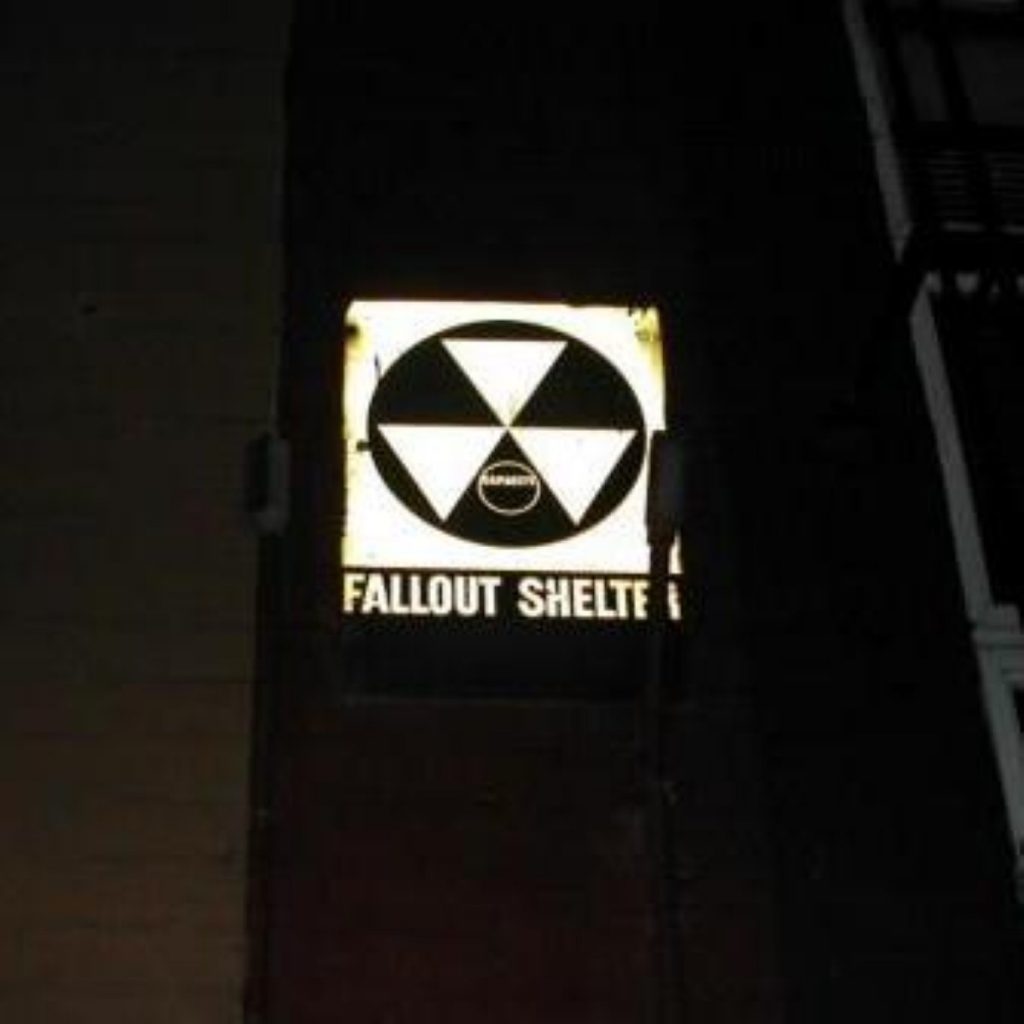Hague: Nuclear danger as important as climate change
Shadow foreign secretary William Hague has called on the government to step up its efforts against nuclear proliferation, comparing the issue in importance to climate change.
Mr Hague told the International Institute of Strategic Studies (IISS) in London that an “unpredictable array of threats” has emerged since the end of the cold war and warned that, if left unchecked, the nuclear non-proliferation treaty (NPT) could be unravelled.
“We must not allow it to be fatally undermined,” he urged. “We must act now while there is still a chance to turn the tide.”
The former Conservative leader reeled off a list of the nuclear proliferation problems facing the world at the moment.


The lowered technological barriers and black market have improved availability, both for rogue states and terrorist groups. States left outside the NPT feel left out. And those states developing civilian nuclear energy can “linger as virtual nuclear powers”, giving the international community very little time to react, he said.
Mr Hague argued it is in some respects more urgent than global warming because of the real deadlines that exist.
“There is a diminishing opportunity to do this,” he said, calling on the government for a “higher level of political commitment” on the issue.
Reforms of the UN security council to accelerate its punitive reactionary process and strengthening the IAEA’s inspections regime were among the eight proposals he listed.
Mr Hague was questioned on the practicability of the second of these, which involved reaching out to non-NPT signatory states, as not being diplomatically achievable.
And eyebrows were raised when his emphasis on reinvigorated diplomacy led to him insisting “we need more stick and we need more carrot”.
“Such actions need to be raised to a higher level of political commitment,” Mr Hague continued.
“We need to have a galvanising moment. if the division and inertia of recent years is to be overcome. We cannot afford to be complacent.”
The Tory frontbencher hopes Britain will be able to partner the US on the issue in a new useful incarnation of the ‘special relationship’ between the two countries.
He said Britain can offer moral leadership on the issue, having gone further than any other country in reducing its nuclear capability.
“We ought to seize the opportunity of combining a new US administration with a new British effort,” he said.
Responding to a concern from one IISS fellow that other states might respond by arguing the nuclear powers are “pulling up the ladder behind them”, he made clear his opposition to unilateral disarmament, however.
“I think it’s asking a bit much of the UK given the way the world is going to say we will disarm ourselves completely,” Mr Hague commented.
“That process is vital to having moral authority – but disarming completely would be the wrong response to such a dangerous world.”












